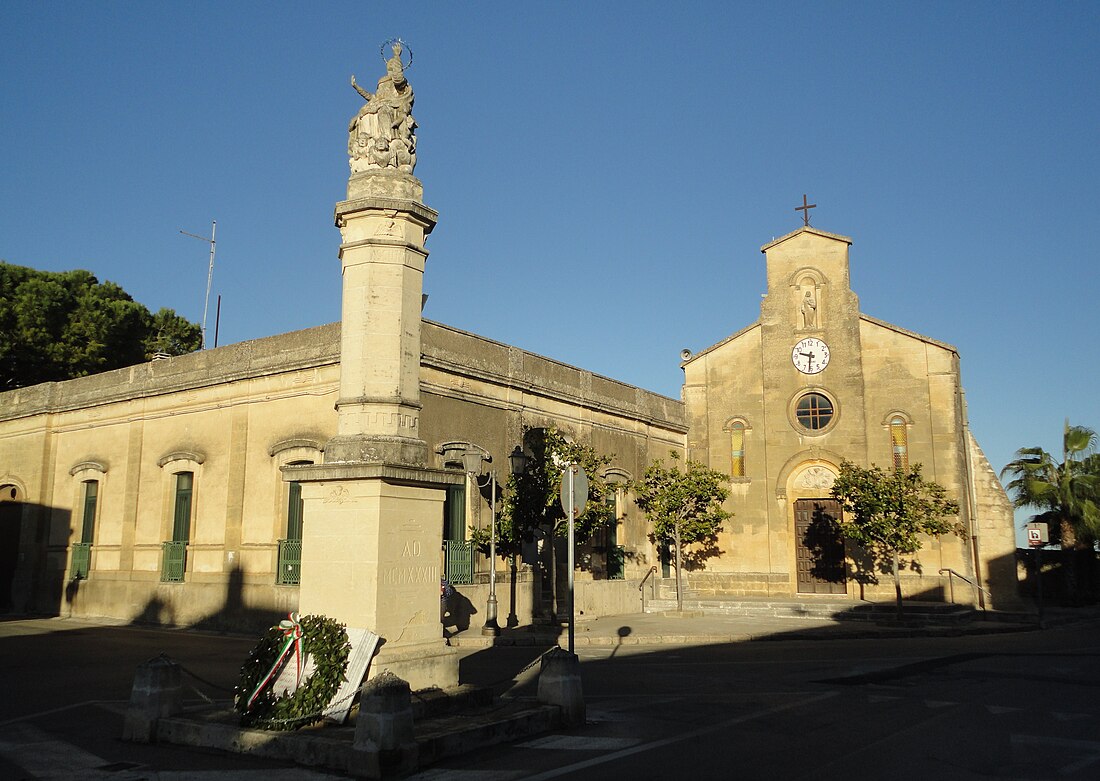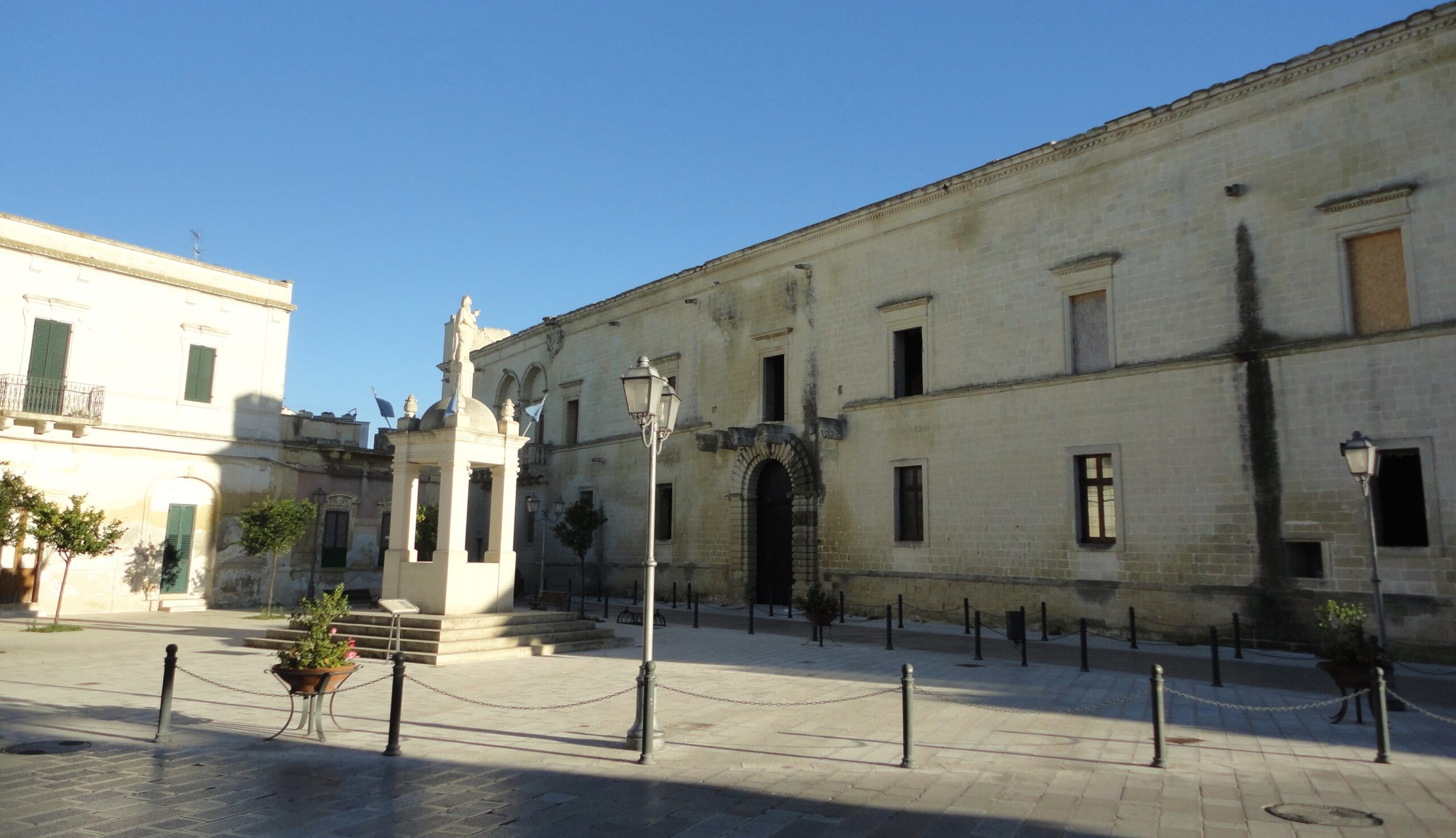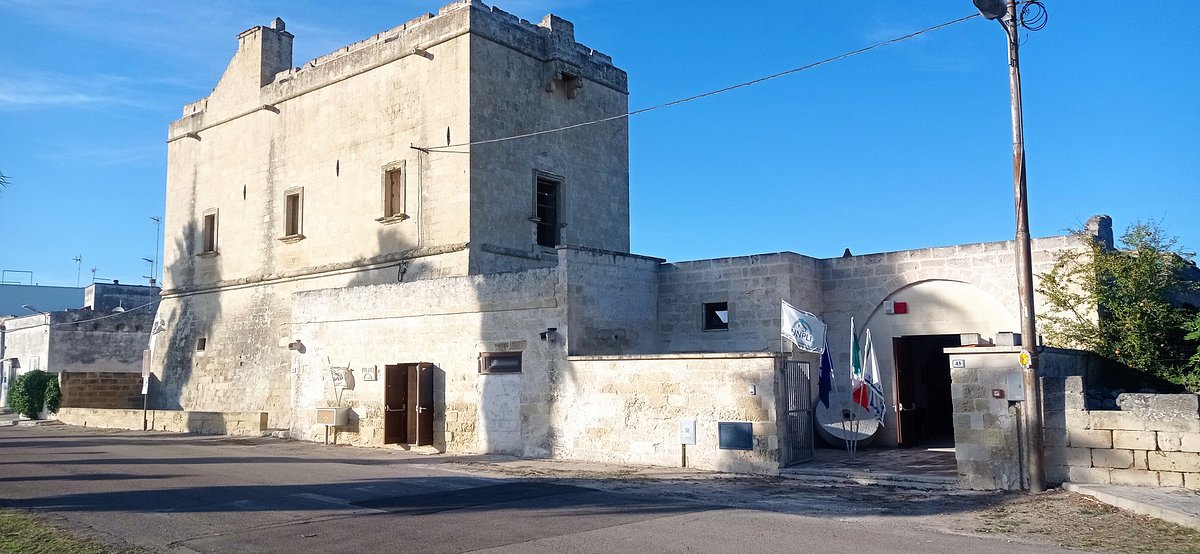Cart
4
Quantity
5,00 €
Quantity
5,00 €
Quantity
4,00 €
Quantity
12,00 €
Product You May Also Like
Payment details
Sub Total
42,00 €
Shipping
Free!
Total
42,00 €
Apply

 Strong Haiku
Strong Haiku
 Sagnette Pasta
Sagnette Pasta
 Hot Pepper Taralli
Hot Pepper Taralli
 Olio d'Oliva E.V. 250 cl
Olio d'Oliva E.V. 250 cl

















Leave a comment